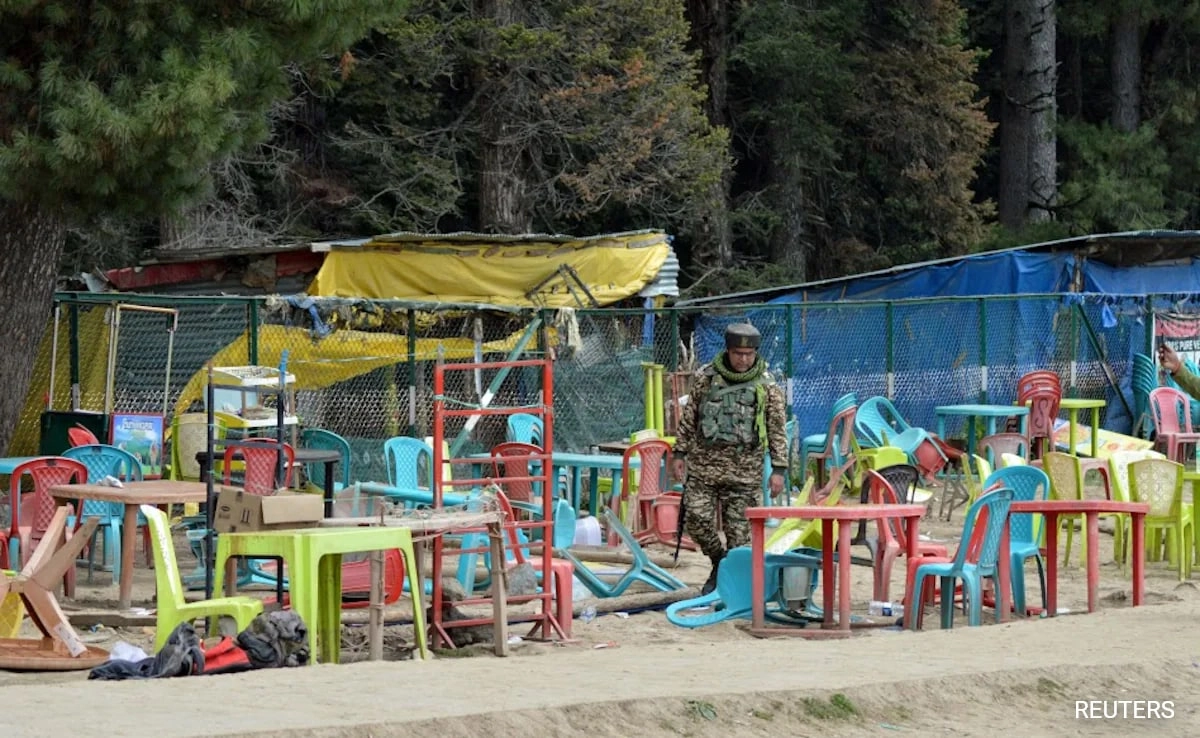A Nepali man has been apprehended by law enforcement authorities for allegedly supplying Indian SIM cards to Pakistan’s Inter-Services Intelligence (ISI). This incident has raised significant concerns regarding national security and the potential misuse of telecommunications for espionage activities. The arrested individual, whose identity has not been disclosed, is believed to have facilitated the illegal transfer of SIM cards that could be used for communication purposes by the ISI, which is notorious for its involvement in various covert operations against India.
The police investigation revealed that the suspect was part of a larger network engaged in the illicit trade of SIM cards. These cards, originally intended for legitimate use in India, are highly sought after by foreign intelligence agencies due to their ability to bypass certain security measures. Authorities noted that the SIM cards could be exploited for a variety of malicious purposes, including gathering sensitive information, planning terrorist activities, and coordinating with sleeper cells operating within Indian territory. The cross-border nature of this crime underscores the complexities of modern security challenges, where individuals and groups exploit legal frameworks for nefarious ends.
In light of this arrest, security agencies are now focusing on dismantling the broader network that facilitated this illegal operation. Investigators are working tirelessly to identify other individuals involved in the supply chain and to understand the extent of the operation. The case has prompted discussions regarding the need for enhanced monitoring and regulation of SIM card distribution in India, especially considering the vulnerabilities that exist within the telecommunications sector. As the investigation unfolds, it remains critical for authorities to address potential lapses in security that could allow for similar breaches in the future.
This incident also highlights the ongoing threats posed by foreign intelligence agencies, particularly in a region marked by historical tensions. The cooperation between criminals and such agencies presents a significant challenge to national security, as it complicates efforts to track and neutralize potential threats. The police are urging the public to remain vigilant and report any suspicious activities that may be indicative of espionage or other criminal endeavors. Moving forward, strengthening cooperation between law enforcement agencies in India and neighboring countries will be essential in combating the transnational nature of these security threats.




